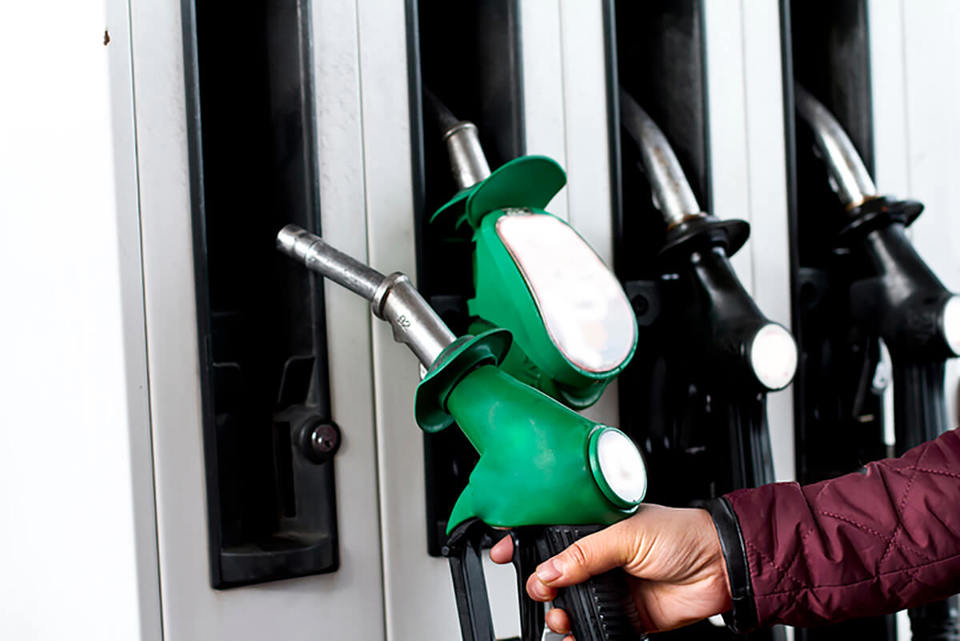Fuel remains the second largest fleet expense so it follows that reducing business mileage can be good news for a company’s bottom line, as well as its green credentials.
But despite a recent survey revealing an impressive 95% of company car drivers are eager to reduce the fuel bill, almost one third (31%) of respondents to a Fleet News poll said they were not looking to decrease their business mileage.
The results reveal that while UK business drivers want to reduce their fuel consumption, the majority of employers could do more to assist them, which is a cost saving opportunity missed.
Despite this, an increasing number of fleets are looking towards driver training, alternatives to the car and technology, such as telematics and video-conferencing, to cut their fuel consumption.
That desire is being driven by the economic climate and many boardrooms have handed down targeted reductions for business mileage.
The Ordnance Survey is actively reducing its business mileage by 3% year-on-year, with its management constantly looking at how they can maintain that downward trend.
Trevor Pinhorne, transport administrator at Ordnance Survey, said: “Reduced business mileage has been achieved so far by stopping all non-essential business trips and changing field surveyors work patterns.”
Leigh Stiff, fleet manager at Hannaford, explained their drivers were encouraged to travel by train if it made economic sense.
“We have to consider congestion charges and parking for the day amongst other things, as the majority of work we carry out is based around greater London,” said Stiff. “By the time we have added the company fuel figure we are usually better off sending them on the train.”
Lease providers and daily rental companies are proactively working with businesses to advise them on how best to reduce their company’s fuel bill.
Lorraine Farnon, UK sales director for Europcar, explained it offered support to fleet managers “in identifying where savings can be made through driver training, better route planning, shared journeys and generally more efficient use of vehicles”.
They, like many fleets, recognise that pump price volatility looks set to remain and the need to cut carbon emissions will become even greater.













Login to comment
Comments
No comments have been made yet.